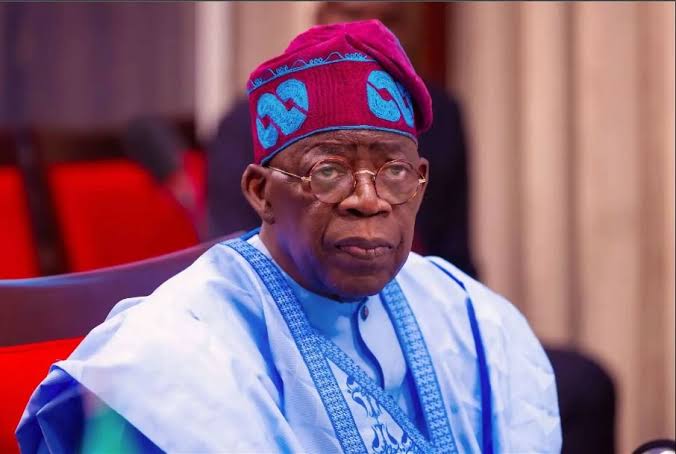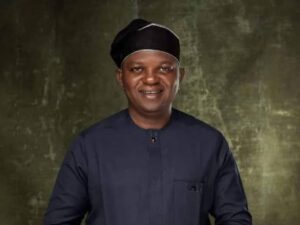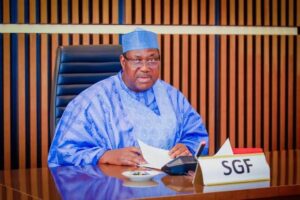In a powerful call for equity and reform, President Bola Ahmed Tinubu on Saturday advocated for a comprehensive restructuring of global governance, financial institutions, and health systems to better reflect the realities and interests of emerging economies, particularly those in Africa.
President Tinubu delivered his remarks during the 17th BRICS Summit of the Global South held in Rio de Janeiro, Brazil. This historic engagement marked Nigeria’s first official participation in the summit following its recent admission into the BRICS bloc on January 17, 2025—a milestone that signals the country’s growing influence on the global stage.
Addressing leaders from major developing economies including Brazil, Russia, India, China, and South Africa, President Tinubu emphasized the urgent need for a fairer and more inclusive world order. He argued that the current international frameworks are outdated and no longer adequately serve the aspirations of low-income and developing nations.
“The time has come for the world to reimagine the structures of global governance, financial systems, and health institutions,” President Tinubu said. “We must build a new world order that is not only more just and representative but one that places the priorities of emerging and developing economies—particularly in Africa—at the center of the global agenda.”
The Nigerian leader expressed deep concern over the persistent challenges facing developing countries, including environmental degradation, climate change, and stark inequalities in healthcare access. He noted that these issues continue to undermine progress toward sustainable development, disproportionately affecting vulnerable populations across Africa.
“Our continent remains at the frontlines of climate change and environmental crises, yet we are often excluded from critical decision-making platforms. Likewise, global health systems fail to account for the needs of our people, while financial institutions impose conditionalities that stifle rather than support our growth,” Tinubu asserted.
He called on BRICS member states to take the lead in reshaping the global narrative—one that recognizes Africa not just as a recipient of aid, but as a partner in innovation, economic development, and problem-solving on a global scale.
The summit, hosted by Brazilian President Luiz Inácio Lula da Silva, brought together leaders and high-level representatives from across the Global South to discuss strategies for enhancing multilateral cooperation and addressing shared development challenges. Nigeria’s official debut at the summit comes as the country intensifies efforts to diversify its global alliances and secure strategic partnerships that align with its long-term development goals.
President Tinubu’s participation at the BRICS Summit signals a bold step in Nigeria’s foreign policy direction—one that prioritizes multilateral engagement and seeks to amplify the voice of Africa in shaping global policies.
Observers say Nigeria’s inclusion in BRICS offers a significant opportunity to influence critical decisions on global trade, climate finance, digital innovation, and public health—areas where the country is keen to play a leadership role.
As the world grapples with complex and interconnected challenges, President Tinubu’s call for systemic reforms serves as a timely reminder that global progress can only be achieved through inclusion, fairness, and genuine partnership. For Nigeria and the African continent, the road to a more equitable world may have just begun—but with stronger representation in platforms like BRICS, the future holds renewed hope.






